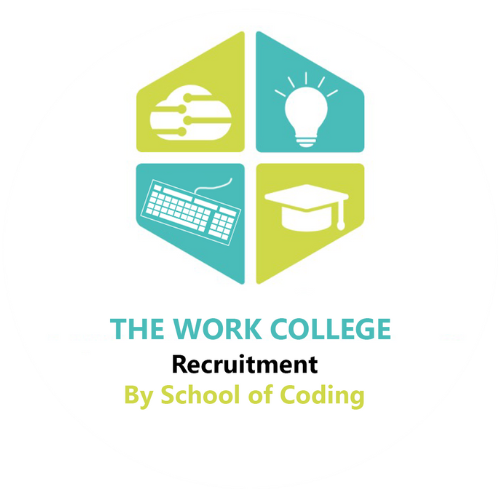Preparing for a job interview involves anticipating and effectively responding to a range of common questions. To equip you with the confidence and skills needed to navigate these inquiries, here is a comprehensive guide to answering some of the most frequently asked interview questions:
1) Tell me about yourself…
This open-ended question provides an opportunity to highlight your relevant experiences, skills, and qualifications. Craft a concise response that outlines your educational background, professional achievements, and career aspirations. Keep your answer focused on aspects directly relevant to the position you are applying for, avoiding irrelevant personal anecdotes.
Right approach: Provide a brief overview of your education, career trajectory, and key accomplishments within a two to three-minute timeframe.
Wrong approach: Delving into unrelated personal details or providing a lengthy autobiography.
2) What are your weaknesses?
Demonstrate self-awareness and a commitment to personal development by acknowledging a genuine weakness and discussing steps taken to address it. Present a specific example of a weakness and highlight proactive measures you have undertaken to overcome it, such as participating in relevant training or adopting new strategies.
Right approach: Acknowledge a genuine weakness and discuss efforts to improve, demonstrating resilience and self-improvement.
Wrong approach: Providing a disingenuous response or citing a weakness irrelevant to the role.
3) Why should you get this job?
Employ this question as an opportunity to showcase your enthusiasm for the role and alignment with the company’s objectives. Highlight your unique qualifications, relevant experiences, and skills that position you as an ideal candidate. Emphasise your understanding of the company’s needs and articulate how you can contribute to its success.
Right approach: Align your qualifications and experiences with the job requirements, emphasising your potential contributions to the company’s objectives.
Wrong approach: Focusing solely on personal motivations or generic responses lacking specificity.
4) What are your salary expectations?
Approach this question with careful consideration, conducting research on industry standards and aligning your salary expectations with your qualifications and experience. Provide a broad salary range based on your research, allowing flexibility for negotiation while demonstrating awareness of your worth in the market.
Right approach: Offer a realistic salary range based on industry standards and your qualifications, leaving room for negotiation.
Wrong approach: Providing an arbitrary figure without justification or asking for an exorbitant salary without considering market norms.
5) Where do you see yourself in five years’ time?
Demonstrate ambition, strategic thinking, and alignment with the company’s long-term goals by outlining your career trajectory and aspirations. Tailor your response to reflect your understanding of the position’s potential for growth and advancement within the organisation. Emphasise your commitment to professional development and contributions to the company’s success.
Right approach: Articulate a career trajectory that aligns with the company’s objectives, emphasising your commitment to growth and advancement.
Wrong approach: Offering vague or unrealistic career goals unrelated to the position or company.
By preparing thoughtful responses to these common interview questions, you can effectively communicate your qualifications, enthusiasm, and suitability for the role. Remember to tailor your answers to the specific requirements of the job and organisation, showcasing your unique strengths and contributions. With careful preparation and practice, you can confidently navigate any interview scenario and leave a lasting impression on potential employers.








